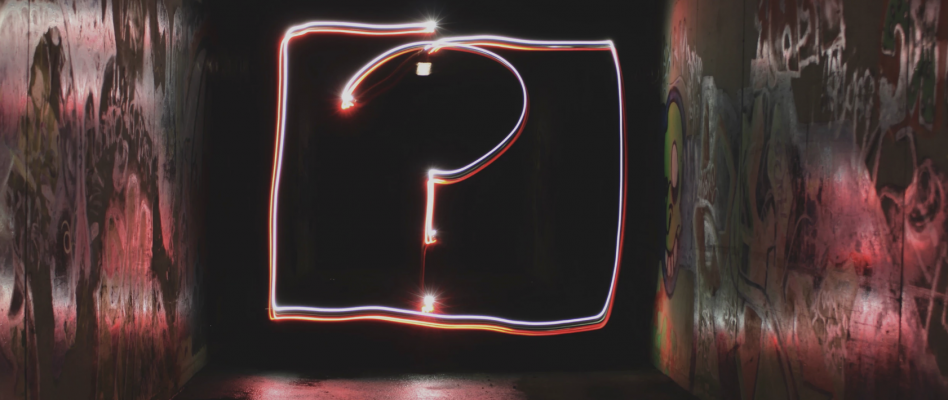 Recently, I was at happy hour with a good friend who was telling me about these inspiring conversations she had been having with a local artist named Binta Ayofemi. She told me how this artist was putting together some visionary plans for community-centered businesses in Oakland. My friend assured me that I would soon be hearing about this artist’s work.
Recently, I was at happy hour with a good friend who was telling me about these inspiring conversations she had been having with a local artist named Binta Ayofemi. She told me how this artist was putting together some visionary plans for community-centered businesses in Oakland. My friend assured me that I would soon be hearing about this artist’s work.
Sure enough, a couple of days later, I saw the article What if a black artist re-imagined urban development with Oakland’s black community in mind? circulating through my social media timelines. Some of the excerpts from the article are below:
In a gentrifying Oakland, Ayofemi is reimagining urban development through the lens of a visual artist and community organizer (emphasis mine). After years of sketching out plans, negotiating leases and fundraising, she’ll debut three projects this fall — each intended to provide space for the black community and to create opportunities for black craft. They’re all radically imaginative.
The quote above, I think punctuates the power that design can potentially have – the ability to radically re-imagine what is possible. To see not what exists currently, but to instead visualize what is missing. It also punctuates for me the importance of expanding our sometimes-limited definition of expertise.
“Oakland has an ecosystem so impacted by displacement, whether it be the people or the mix of cultures,” she said. “It shouldn’t only be startup bros who get to prototype ideas. It should also be black and brown people who get to say ‘Why not? (emphasis mine).”
In my work, I often ask the question of “why?” But admittedly, I am a bit less courageous in asking “why not?”
As an entity still attempting to prove its value and to build the necessary relationships to move things forward, at least some attention must be paid to limitations, but I do wonder if giving too much power, too much legitimacy to these limitations is self-defeating?
After all, at least some of the value add of not being a long-term government employee is being able to look at issues from a different vantage point. If successful, we at the Civic Design Lab should be doing as Binta Ayofemi is doing.
She’s approaching every aspect of erecting these businesses as her art practice, including ordinarily mundane tasks like applying for permits at City Hall and researching sprinkler systems.
More fundamentally though, I owe it to the community I am working with to be fearless in my approach to new ideas and to opening space for voices not often present.
“She leaps ahead of everyone else as far as setting up a space for a community and seeing what that community would want to eat as opposed to thinking about what she’d want to serve,” he said. “To me, she’s a visionary.”
I believe that this is the approach we are taking to the issues we are working on at the Civic Design Lab but this profile was an inspirational reminder to continue to do some self-checking about what we believe is possible and if we conclude that something not feasible, to ask, “why not?”
Have you read, heard or seen something inspirational this week? Let me know in the comments.
To learn more about the Civic Design Lab and our approach, read our past posts on vulnerability, leadership, trusting the process, failing safely, using data in decisions, how to discover untapped expertise on your team, radical ambition, and fostering rebel talent.
Brandon L. Greene is a GovLoop Featured Contributor. He is the Manager of the Civic Design Lab in Oakland. Brandon is a graduate of Boston University Law School where he was a Public Interest Scholar and Martin Luther King Social Justice Fellow. Previously, Brandon was an Attorney and Clinical Supervisor at the East Bay Community Law Center where he created and lead the decriminalization of poverty clinic. Brandon’s article Depraved Necessities: Prison Privatization, Educational Attainment and the Path to Profit was published in 2013 by SRBLSA Law Journal. His forthcoming articles will be published in the Harvard Blackletter Law Journal and the Berkeley Criminal Law Journal. Twitter: @brandonlgreene. You can read his posts here.





Thank you for sharing about this amazing artist! My favorite quote comes from the end of the article – “Protests come in unexpected forms sometimes,” she said, “like joy.”